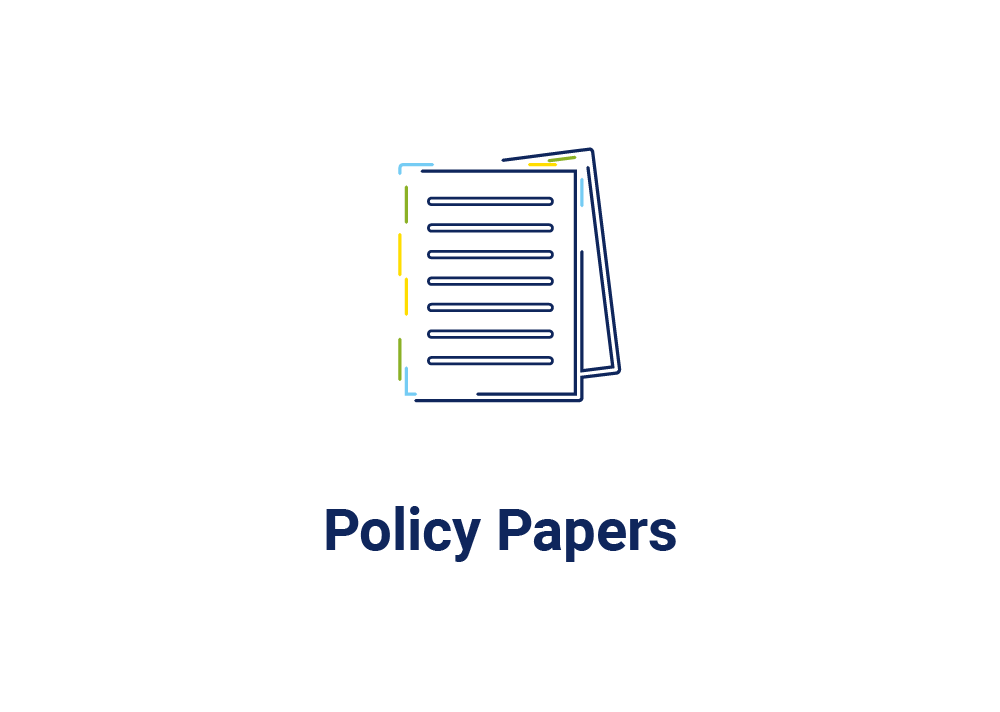Broadcast Networks Europe’s reaction to RSPG’s opinion on WRC-23
Download the policy paper here
On 9 December 2022, the Radio Spectrum Policy Group (RSPG) adopted its opinion on the WRC-23. This is an important milestone towards an EU position at WRC-23, including on the UHF Band 470-790 MHz on which digital terrestrial television relies.
BNE notes the RSPG’s reminder that the EU position must be compliant with EU law, in particular the EU UHF Decision which is a strategic and balanced compromise found in Europe around the allocation of the UHF Band 470-790 MHz.
BNE also notes that the potential compromise identified by RSPG respects the period of regulatory certainty which is an intangible part of the EU UHF Decision, by excluding any discussions before WRC-31. Still, the envisaged wording for WRC-31 Agenda item in the RSPG opinion is biased in favor of considering an upgrade to primary status for mobile services. Setting the agenda item in this way goes beyond the EU law and creates a dangerous entry point for non-European interests favoring co-primary to push for a final compromise at WRC-23 which could be worded in an even more biased way. Since any biased wording would endanger reinvestment and investment for innovation, such as 5G Broadcast, BNE calls for a neutral wording that could mention a possible review of spectrum use and needs but certainly not presume any upgrade of the secondary mobile allocation.
While recognizing the value of the opinion by RSPG in view of excluding the option of co-primary allocation to mobile at WRC-23 and envisaging a compromise with the minority of Region 1 countries that insist on a change in regulations, BNE urges the European Commission to propose to the Council to oppose co-primary allocation and support “No Change” in the allocation of the UHF Band at WRC-23. This is by far the best option to avoid serious impacts on the European audiovisual industry and the significant social and cultural benefits it delivers for citizens. No UHF spectrum means no terrestrial TV, the most energy-efficient platform, currently serving 80 million EU households and sharing many infrastructures with radio; no live events; much less content creation and associated jobs.

